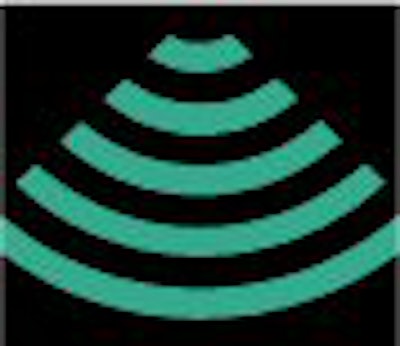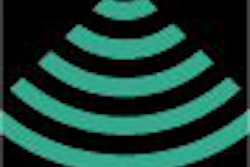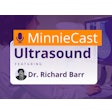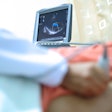
SAN FRANCISCO - French researchers have found that transesophageal Doppler echocardiography studies can provide critical-care physicians with crucial and quick information on trauma patients. They discussed their results this week at the American Society of Anesthesiologists meeting.
"Early resuscitation in severe trauma patients guided by continuous transesophageal echo Doppler may be useful to minimize tissue ischemia and its consequences," said Dr. Emanuel Pereira, an emergency-care physician at Versailles Hospital, Le Chasney, in Yvelines. The hemodynamic profile is important in determining what kind of anesthesia the patient will require, he said.
Pereira and colleagues used the imaging modality to develop a hemodynamic profile of the injured patients as they were being stabilized in a mobile hospital facility, which are commonly used in France and other countries.
"Early hemodynamic resuscitation of severe trauma patients is based on clinical findings like heart rate and arterial pressure," Pereira said, expounding on the group’s poster presentation. "In the majority of situations, critical-care physicians are unable to correctly predict a patient's hemodynamic profile from clinical examination alone."
Echo Doppler was used to assess the conditions of 19 individuals who suffered severe trauma, including 11 with severe brain injury. Doctors needed to determine their hemodynamic status in less than 15 minutes.
"We found we could position the echo Doppler device easily through the oral route in all but one patient," Pereira said. Because that patient had severe mouth injuries, the device was positioned through a nasal route, he added.
Pereira said that in the study the mean duration of the procedure was six minutes, including preparation, probe introduction, and initiation of aortic blood-flow recording. He said that in all measurements the signal quality was good and stable during the management.
The hemodynamic profiles obtained with echo Doppler in these cases showed unexpected profiles in 47% of the cases, resulting in a change in treatment. "We now perform these procedures routinely," he said.
By Edward SusmanAuntMinnie.com contributing writer
October 16, 2003
Related Reading
Controversy flows freely in venous ultrasound, August 28, 2003
Updated guidelines on the use of echocardiography issued, August 5, 2003
Patent foramen ovale identified in stroke cases related to air travel, June 30, 2003
Copyright © 2003 AuntMinnie.com

















